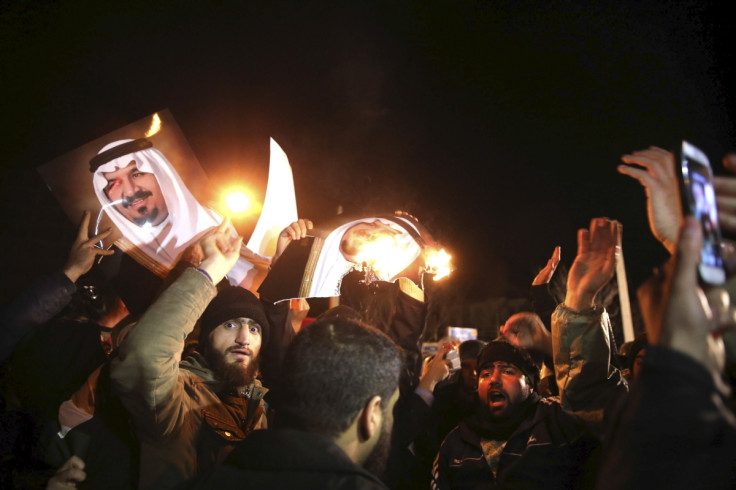Isis: Daesh threatens to destroy Saudi prisons after execution of al-Qaeda militants

Following the mass execution in Saudi Arabia on 2 January, the Islamic State (Isis) has threatened to destroy the kingdom's prisons. Of the 47 people executed on terrorism charges, 43 were convicted al-Qaeda militants. Among them was prominent Shia cleric Shiekh Nimr al-Nimr.
The executions by firing squads as well as beheading took place in 12 cities and four prisons in Riyadh.
"The Islamic State always seeks to free prisoners, but we calculate that the ending of the issues of prisoners will not happen except with the eradication of the rule of tyrants, and then destroying their prisons and razing them to the ground," it said in an article posted online.
Daesh has also been responsible for attacks on al-Ha'ir and Tarfiya prisons in Yemen where a number of al-Qaeda and IS supporters were detained. In the case of al-Ha'ir, an IS supporter blew himself up using a car bomb at the prison's checkpoint.
In December, the al-Qaeda in the Arabian Peninsula (AQAP) — the Yemen-based wing of the global militant movement — threatened to "shed the blood of the soldiers of Al Saud" if its members were executed.
While IS and al-Qaeda have distinctly different ideologies and consider each other rivals, both groups have an equal desire to bring down the Saudi government.
Since November 2014, Daesh has been responsible for a number of bombings and shootings in Saudi Arabia that have killed more than 50 people including 15 members of the security forces.
Tensions between Saudi Arabia and Iran are running high following the executions.
© Copyright IBTimes 2025. All rights reserved.






















